Description:
The master-slave module has three functions of transparent transmission, remote control and PIO acquisition. It can be switched and set through the AT command set. It is easy to use the same as the Bluetooth serial port module you have used before, without changing the PCB and the lower computer program. Upgrade to Bluetooth 4.0.
Product Features:
- using the core module BT05-A master from one of the lead module interface packet includes the VCC , the GND, the TXD, the RXD, the STATE.
- LED indicates the Bluetooth connection status, flashing indicates no Bluetooth connection, steady light indicates that Bluetooth is connected and opened the port ; STATE pin output high level is connected, other states are low level; button is disconnected foot, press It will be disconnected from the phone or the main module (the EN heel button has the same effect, giving a low level, the module will be disconnected from the phone or the main module).
- Set the module as the main mode: the module has set the master-slave mode for the software, send AT+ROLE1 through the serial port (carriage return or add \r\n), return OK, it means the setting is successful, then the module LED light enters flashing . The master module is connected to the slave module and needs to be connected by the AT command (refer to the BT05-AAT command set for details).
- The bottom plate 3.3VLDO, the input voltage is 3.6~6V, the input voltage is prohibited to exceed 7V
- Interface level 3.3V, can be directly connected to a variety of microcontrollers (51, AVR, PIC, ARM, MSP430, etc.), 5V microcontroller can also be directly connected, without MAX232 can not go through MAX232
- The effective distance of 7-10 meters, more than 10 meters is also possible, but the quality of the connection is not guaranteed
- After pairing, when using the full-duplex serial port, there is no need to know any Bluetooth protocol, but only support 8-bit data bit, 1-bit stop bit, and no parity communication format. This is also a common communication format, and other formats are not supported.
- When the Bluetooth connection is not established, the baud rate, name, and pairing password can be set by the AT command, and the set parameters are saved after power-off. Automatically switch to transparent mode after Bluetooth connection
- Small size (3.57cm * 1.52cm), factory patch production, to ensure the quality of the patch. And set of transparent heat-shrinkable tube, dust proof and beautiful, and has a certain anti-static ability.
- The link is a slave, the slave function is paired with various Bluetooth-enabled computers, Bluetooth hosts, most Bluetooth-equipped mobile phones, PDAs, PSPs, etc., and the slaves cannot be paired.
Little common sense (very important):
- TXD: The sender is generally represented as its own sender. Normal communication must be connected to the RXD of another device.
- RXD: The receiving end is generally represented as its own receiving end, and normal communication must be connected to the TXD of another device.
- In normal communication, the TXD of its own is always connected to the RXD of the device
- Self-receiving: RXD is connected to the TXD of other devices during normal communication. Therefore, if you want to receive the data sent by yourself as the name implies, that is, you receive the data sent by yourself, that is, its own TXD is directly connected to RXD, which is used to test its own transmission and reception. Whether it is normal or not, it is a quick and simple test method. When a problem occurs, the test is first performed to determine whether the product is faulty.
AT commands
AT+HELP of the “CC41-A”:
********************************************************************
* Command Description
* ----------------------------------------------------------------
* AT Check if the command terminal work normally
* AT+RESET Software reboot
* AT+VERSION Get firmware, bluetooth, HCI and LMP version
* AT+HELP List all the commands
* AT+NAME Get/Set local device name
* AT+PIN Get/Set pin code for pairing
* AT+PASS Get/Set pin code for pairing
* AT+BAUD Get/Set baud rate
* AT+LADDR Get local bluetooth address
* AT+ADDR Get local bluetooth address
* AT+DEFAULT Restore factory default
* AT+RENEW Restore factory default
* AT+STATE Get current state
* AT+PWRM Get/Set power on mode(low power)
* AT+POWE Get/Set RF transmit power
* AT+SLEEP Sleep mode
* AT+ROLE Get/Set current role.
* AT+PARI Get/Set UART parity bit.
* AT+STOP Get/Set UART stop bit.
* AT+START System start working.
* AT+IMME System wait for command when power on.
* AT+IBEA Switch iBeacon mode.
* AT+IBE0 Set iBeacon UUID 0.
* AT+IBE1 Set iBeacon UUID 1.
* AT+IBE2 Set iBeacon UUID 2.
* AT+IBE3 Set iBeacon UUID 3.
* AT+MARJ Set iBeacon MARJ .
* AT+MINO Set iBeacon MINO .
* AT+MEA Set iBeacon MEA .
* AT+NOTI Notify connection event .
* AT+UUID Get/Set system SERVER_UUID .
* AT+CHAR Get/Set system CHAR_UUID .
* -----------------------------------------------------------------*
* Note: (M) = The command support slave mode only.
* For more information, please visit http://www.bolutek.com
* Copyright@2013 www.bolutek.com. All rights reserved.
********************************************************************AT+HELP of the “MLT-BT05”:
*******************************************************************
* Command Description
*----------------------------------------------------------------
* AT Check if the command terminal work normally
* AT+DEFAULT Restore factory default
* AT+BAUD Get/Set baud rate
* AT+RESET Software reboot
* AT+ROLE Get/Set current role.
* AT+DISC Disconnect connection
* AT+ADVEN Broadcast switch
* AT+ADVI Broadcast interval
* AT+NINTERVAL Connection interval
* AT+POWE Get/Set RF transmit power
* AT+NAME Get/Set local device name
* AT+LADDR Get local bluetooth address
* AT+VERSION Get firmware, bluetooth, HCI and LMP version
* AT+TYPE Binding and pairing settings
* AT+PIN Get/Set pin code for pairing
* AT+UUID Get/Set system SERVER_UUID .
* AT+CHAR Get/Set system CHAR_UUID .
* AT+INQ Search from device
* AT+RSLV Read the scan list MAC address
* AT+CONN Connected scan list device
* AT+CONA Connection specified MAC
* AT+BAND Binding from device
* AT+CLRBAND Cancel binding
* AT+GETDCN Number of scanned list devices
* AT+SLEEP Sleep mode
* AT+HELP List all the commands
* ---------------------------------------------------------------
******************************************************************
Some commands are the same and some are different. The “CC41-A” mentions its manufacturer, Bolutek, but the “MLT-BT05” mentions nothing about its origin.
Version and Name
Some commands offer us more information about the identity of the module. Here is a comparison of the responses to “AT+VERSION”:
“CC41-A”:
+VERSION=Firmware V3.0.6,Bluetooth V4.0 LE“MLT-BT05”:
MLT-BT05-V4.0Here is a comparison of the responses to “AT+NAME” with the default name set in the module:
“CC41-A”:
+NAME=BT05“MLT-BT05”:
+NAME=MLT-BT05



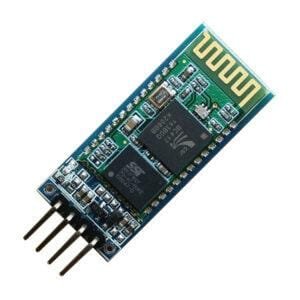
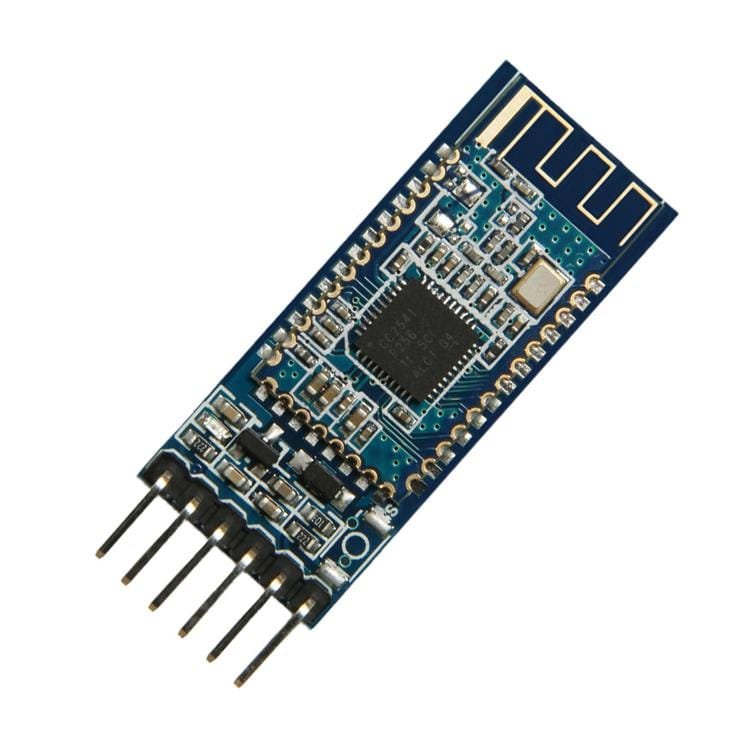

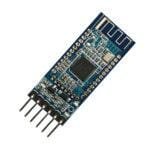
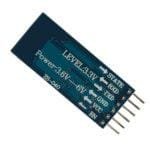

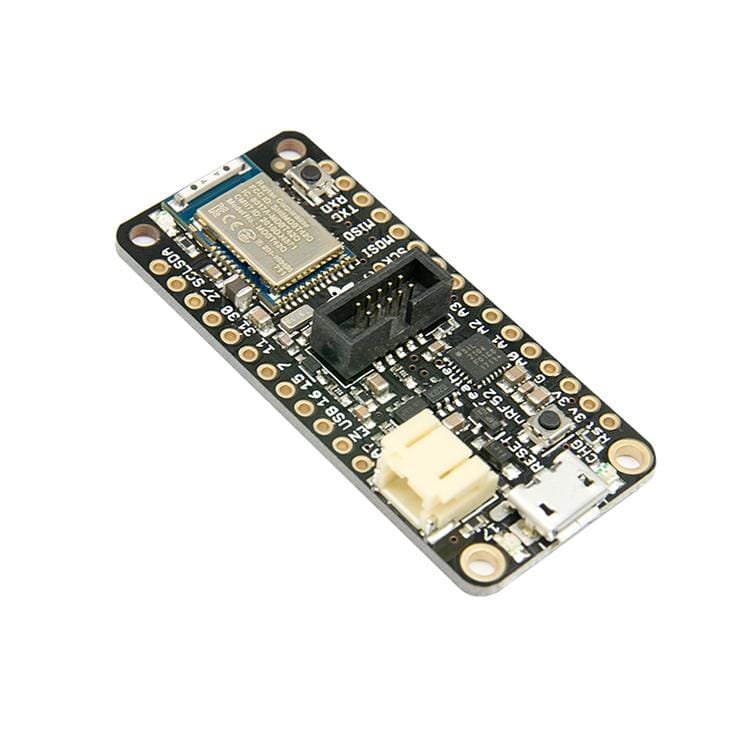


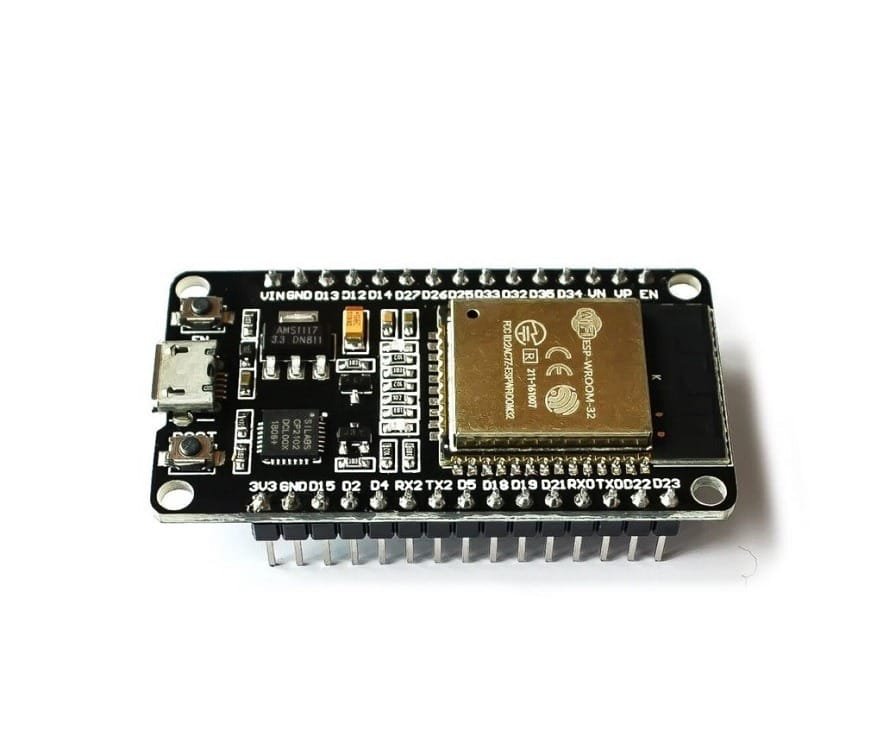

Reviews
Clear filtersThere are no reviews yet.